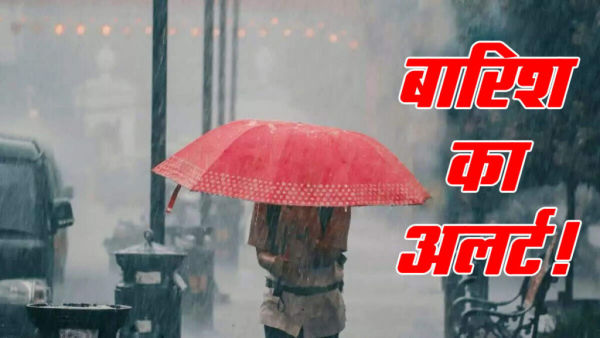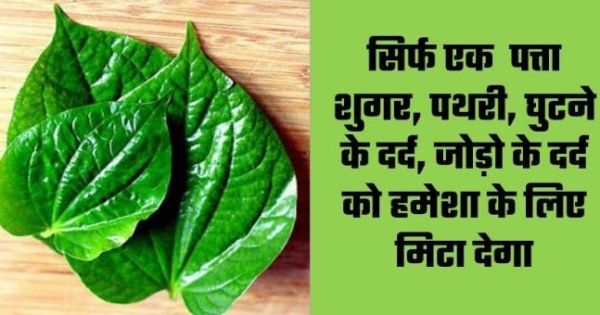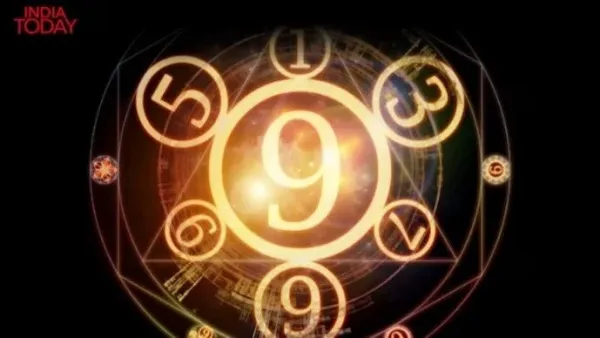Kidney Stones vs Gallbladder Stones: What is the difference and which is more difficult to treat
When we talk about stones forming inside the body, we often talk about two types of stones - one is kidney stone, and the other is gallbladder stone. While both sound similar, and indeed are to a large extent, there are some key differences between the two as well, in terms of symptoms, treatment and causes. Let's take a look...
Kidney Stones
Kidney stones are hard, crystalline mineral deposits that form inside of the kidneys. They develop when urine has an excess of calcium, oxalate, or uric acid, which then crystallize and stick together to form a hard, stone-like substance. These stones can be as small as a grain of rice, or as large as a golf ball.

There are different types of kidney stones, including calcium stones, which are the most common. Next is the struvite stones caused by infections, uric acid stones linked to diet and metabolic issues, and cystine stones that might be genetic. In terms of pain, kidney stones often cause severe agony, when they move through the urinary tract, blocking urine flow and causing symptoms like sharp back or side pain, blood in urine, and frequent urination. However, they can largely remain asymptomatic too, often for years.
Gallbladder Stones
Gallbladder stones, or gallstones, are hardened deposits of digestive fluid that form in the gallbladder, a small organ beneath the liver that stores bile. Gallstones form when bile contains too much cholesterol, or when the gallbladder does not empty properly. They too can vary in size and can be small or large.
Gallstones may remain symptomless for a long time but can cause pain in the upper abdomen, back, or right shoulder if they block bile flow. Other symptoms include nausea, vomiting, and jaundice, in the long run.
Key differences
Kidney stones and gallbladder stones are both hard deposits that form inside the body, but they develop in different organs and have different causes. Unlike kidney stones, gallstones may remain symptomless for years, but can cause pain in the upper abdomen, nausea, and jaundice if they block the bile ducts. In terms of treatment, kidney stones can sometimes pass naturally, but larger stones may require procedures like shock wave therapy or surgery (though this is rare), and they often recur. Gallstones that cause symptoms usually require surgical removal of the gallbladder, which is a common procedure, and complications are rare.

Which is more difficult to treat
Both conditions can cause significant pain and complications, but their treatment approaches and difficulties differ.
Treatment of Kidney Stones
Small kidney stones often pass naturally through urine if the patient drinks plenty of water. However, larger stones may require medical intervention. Treatments include:
Shock Wave Lithotripsy (SWL): Uses shock waves to break stones into smaller pieces that can pass more easily.
Ureteroscopy: A tube is inserted to remove or break stones using a laser.
Surgery: In rare cases, surgical removal is necessary.
Kidney stones can recur frequently, with about a 50% chance of recurrence if a person has had them before. Managing diet, hydration, and underlying conditions is important to prevent recurrence.
Treatment of Gallbladder Stones
Gallstones that do not cause symptoms usually need no treatment. When symptoms occur, especially pain or infection, treatment options include:
Medications: To dissolve small cholesterol stones, however this is often slow, and not too effective.
Surgery: Removal of the gallbladder (cholecystectomy) is the most common and effective treatment, usually done laparoscopically. Removing the gallbladder prevents recurrence since stones form inside it.
Gallbladder removal is generally safe, and people can live normally without it. However, gallstones can sometimes cause serious complications like inflammation or infection, requiring prompt surgery.
Which is more difficult to treat
Gallbladder stones, often require surgery if symptomatic, and while the surgery is routine, it is invasive and permanent (removal of the gallbladder). On the other hand, kidney stones can sometimes be treated non-surgically, but large or complicated stones may require repeated procedures. Kidney stones also have a high recurrence rate and can cause kidney damage if untreated.
Read more









